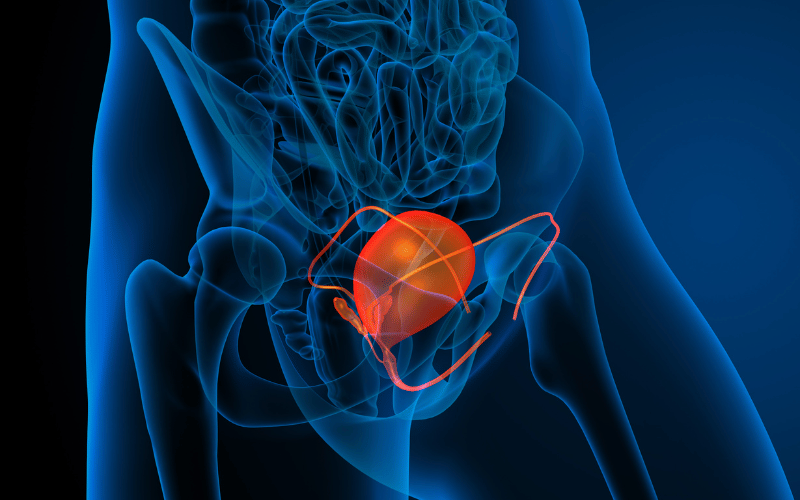Cause 3: Underdeveloped Bladder

Our bodies are constantly evolving, with each organ and system maturing at its own pace. The bladder, a crucial component of the urinary system, is no exception. From birth, the bladder begins its journey of growth and maturation. However, unlike organs like the heart that reach near-full size early on, the bladder’s developmental journey can be prolonged for some kids. This isn’t about its physical size alone but also its functional capacity.
An underdeveloped bladder, in essence, hasn’t reached its full functional potential. The holding capacity might be lesser than that of its peers, resulting in frequent urges to empty it. This is different from merely having a smaller-sized bladder. The main difference is the rate of maturity and efficiency in holding urine. So, an underdeveloped bladder may fill up quickly, and the muscles surrounding it, designed to control urination, may not work as effectively, leading to involuntary releases, especially during the night.
Deep sleep combined with an underdeveloped bladder can spell trouble. As the bladder fills up faster than it should, the usual signals that prompt waking up and heading to the bathroom might not work effectively. This miscommunication between the bladder and the brain is one of the chief reasons behind nocturnal enuresis. And for the child, it’s often a confusing and embarrassing ordeal, waking up to a wet bed without any preceding urge to urinate.
Parents and guardians can play an invaluable role in managing this phase. Firstly, by understanding that the child isn’t at fault. This is a physiological challenge, not a behavioral one. Regular bathroom breaks, reducing evening fluid intake, and sometimes even alarms that detect wetness can be introduced. While these don’t accelerate bladder development, they can mitigate the effects, ensuring the child gets a good night’s sleep and maintains their self-esteem.
Nature has a way of catching up. As children grow, there’s a very high likelihood that the bladder will mature, both in size and function. This phase, although challenging, is often temporary. With the right support, understanding, and interventions, children can navigate through it successfully, eventually leaving bedwetting behind as a mere memory. (3)